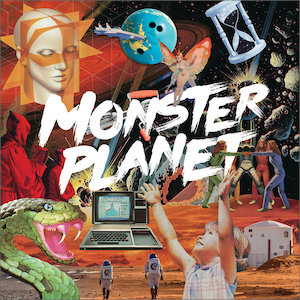Through the Bass Agenda platform, Barton cultivates a dynamic environment that nurtures creativity and collaboration, serving as the hub for both established and up-and-coming artists.
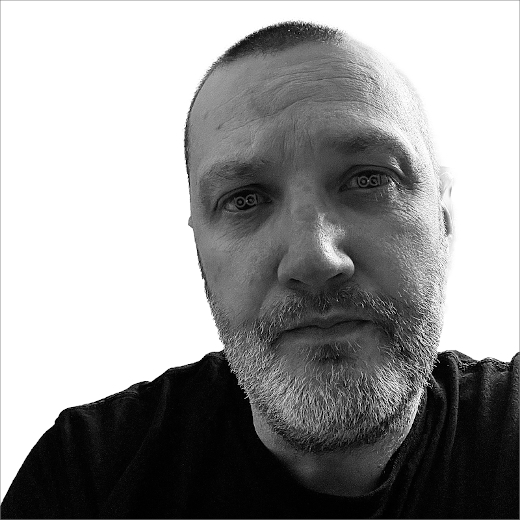
A passionate advocate for the electronic music culture
Andy Barton, widely known as the brains behind Bass Agenda, is a respected figure in the electro music scene having played a key role in influencing the artists behind the genre’s trajectory. Making a reputation for himself with his insatiable appetite for such music, Barton grew up surrounded by pulsating beats and an insatiable appetite for electronic music, which inspired him to launch Bass Agenda. Bass Agenda began as a radio program and quickly grew into an active platform that included a podcast and a record label, all driven by Barton’s mission to spotlight the talents of underground electro artists. Through the Bass Agenda platform, Barton cultivates a dynamic environment that nurtures creativity and collaboration, serving as the hub for both established and up-and-coming artists.
The Bass Agenda Radio Show, hosted by Andy Barton, is recognized for its wide range of interviews, including those with influential artists in the electro music scene. Barton is a master interviewer; he expertly probes his guests’ histories, influences, and opinions on the music business through his conversations. Barton’s adeptness in conducting interviews is demonstrated through his capacity to foster an informal and dialogic environment, which compels his guests to divulge personal information regarding their creative endeavors, life experiences, and future goals.
In addition to his work, Barton is a passionate advocate for the continued growth, preservation, and celebration of not only his emphasis on electro music, but the overall electronic music culture. His efforts at Bass Agenda have played a pivotal role in cultivating an international community of fervent enthusiasts who possess a profound affection for the genre. During the COVID-19 lockdown in 2020, Barton’s dedication to this cause was clear when he curated the charity release Carebot$. 142 electronic music artists featured on the compilation, with the profits benefiting the NHS and Médecins Sans Frontières and raising over £12,000. At the time, Barton dedicated more time and effort to this fundraiser than he did to his day job, recalling the project as both creative and meaningful.
The Carebot$ compilation stands as a testament to Barton’s dedication and the collective effort of the electronic music community. Produced to benefit a worthy cause, this meticulously compiled compilation featured the unique skills of every contributing artist. Each of the 142 artists donated a track that they believed reflected their work with pride, resulting in a collection that represents the electronic music community’s solidarity and generosity to bring about positive change on a global scale.
“Overall, Andy Barton’s support for electro artists through Bass Agenda has helped them advance their careers and contributed to the genre’s growth.” ~Anne Jackson
Overall, Andy Barton’s support for electro artists through Bass Agenda has helped them advance their careers and contributed to the genre’s growth. His collaborations will continue to influence the trajectory of electro music for years to come, and his standing as a respected figure in the electronic music community has been cemented by his dedication to showcasing diverse talent and pushing the boundaries of electro music.
The Bass Agenda roster is countless and has featured and continues to support a diverse range of artists, including The Droid, DJ Feryne, Juan Atkins, Bass Junkie, Helena Hauff, The Egyptian Lover, w1bo, The Hacker, Lectromagnetique, Jensen Interceptor, Legowelt, Dave Clarke, Mariska Neerman, The Subdermic, David Meiser, Anthony Rother, Dez Williams, Francois Dillinger, Serge Geyzel, Lloyd Stellar, and many others.
Andy Barton’s unwavering emphasis on the electro music community has earned him revered status among peers and fans alike. With Bass Agenda as his vehicle, he continues to push boundaries, break down barriers, and shape the future of electronic music, leaving an indelible mark on the landscape of sound.
The Bass Agenda Radio show usually premiers on YouTube on the last Friday of each month, then airs on Ireland’s state broadcast channel RTE 2FM as part of their Late Night Sessions which also features Dave Clarke’s Whitenoise and Saga shows and Chris Liebing’s show too. Archived shows can be found on Patreon, Spotify, Amazon Music, Apple Music, Acast, and Soundcloud.
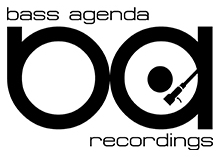
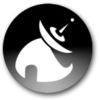
Anne Jackson / Igloo :: What sets Bass Agenda apart from other electronic music platforms, and what do you hope to achieve with it?
Andy Baron / Bass Agenda :: I think it’s probably up to listeners to decide what, if anything, sets Bass Agenda apart from other platforms. I guess there is a tendency for most platforms to focus on guest mixes and, although I have guest mixes on many episodes, the main focus is on getting behind the music and learning about the people who make it. The interviews and the connections and inspiration they seem to spark in people are definitely my priority and where I put my effort. There are many interviews where you can hear the voices and thoughts of artists you can’t hear anywhere else. What I’ve really come to appreciate are the voices of people who have passed away. I have a follower on Instagram who called the show cultural artifacts. At the time, I thought this seemed a bit over the top, but after losing people like Victoria Lukas, Das Muster, and w1b0, I have come to appreciate that view. It’s a true honor to look after the archive that has built up over the last 12 years.
How do you envision the creativity and progression of electro music in the coming years, and how will Bass Agenda follow along to this creativity and progression?
Andy :: That’s a hard one to predict! There is a real tradition of treading well-trodden paths in Electro, as many artists are continuously paying homage to the originators. This is, of course, very cool. But I do wonder sometimes if the originators would rather people were more adventurous. I get sent demos by people who are very proud of how similar to Drexciya their track is. I totally get pride in achieving that kind of sound if you are someone who has been learning and honing your skills. I guess it’s a bit like learning to play guitar and finally nailing a solo or riff from your favorite song, but is it pushing things forward? Not necessarily. Still, there are examples of people challenging the norms. For example, if you look at Syrte and Lord Jalapenos, they are totally blowing apart the blueprint.
Similarly, if you listen to Exzakt’s new album Love Hertz, you can’t help but note how expertly he’s taken many influences and come up with something Electro lovers engage with whilst also going to new places. There will always be a small number of people trying new stuff, it’s up to people with a platform to help people find it. Bass Agenda will follow the journey. It’s always been about the past, present, and future. I’ve always wanted Bass Agenda to reflect the reality of the scene. Electro is not just the handful of big names you see repeatedly on festival line-ups or on Resident Advisor. If you take the commercial and hype elements out of it there is people in their bedrooms who have just gotten started, people who have come from heavy metal bands and want to experiment, and those who studied piano as kids and grew up with their dad’s jazz records, people running a small party at a local pub or arts center—and a hundred other variations. I want to be open minded and explore all corners of the genre rather than be purist about it or spend energy dwelling on who or what is “the most Electro.” Some may disagree with the choice of guest occasionally or whatever, but it’s entirely optional to listen to the show!
Bass Agenda has featured interviews, guest mixes, and live sets from a diverse range of talent. How do you go about selecting artists to feature on the platform?
Andy :: It’s a mixed thing, really. In the early days, I approached artists a lot. As time has gone on, I have had people approach me too. I spend a lot of time putting a show together, so a guest needs to be someone whose music I feel good about and who, as a person, I feel good about. This isn’t a job; it’s a passion and I try to avoid it feeling like it is work, which means working with people I get along with. There was a time I had a “most wanted” list; it was my mission to get Dave Clarke, Anthony Rother, Juan Atkins, Keith Tucker, and others on the show. Once I had achieved that, I noticed my mindset change. I don’t chase people anymore. I rarely deal with people who refer me to their management. As a rule, these days I like to get to the end of a year and look back at the 12 episodes I’ve put out and see a diverse range of sounds and people.
Bass Agenda has been instrumental in supporting emerging talent in the electronic music scene. What advice would you give to up-and-coming artists looking to make their mark in the industry?
Andy :: Obviously, these days it’s extremely tough out there in many ways—it’s a super saturated market with tons and tons of people clambering to get noticed. I would say the people coming up who have gained some traction are those who network intelligently and respectfully. Blanket bombing people’s inboxes with links or tagging the crap out of anyone and everyone on social media is not, for me at least, going to get much love coming your way. Sending tracks to labels that are totally unsuitable is a bad move. So many people are in a hurry to get noticed and although the internet and social media are of course, great tools, there is still no shortcut to the work and effort needed to do things properly. Study the label or show you’re sending stuff to. Be polite and respectful; no one owes you anything. Consider the time you’re asking someone to give to you.
I get asked to listen to folders full of tracks or mixes all the time. I don’t have hours of free time. Start with your best track. Make it as easy as possible for me to hear your track; get to the point. Most people running labels have day jobs and are time poor. So, remember that. Network with people moving in the right circles. A label that puts out stuff that’s in your orbit sound wise is far more likely to appreciate your work. Going for the big labels isn’t necessarily step one. Go for where you can fit in and where your music makes sense and build from there. It’s a marathon, not a sprint. For example, I regularly see people posting their music in all groups on Facebook. Probably most important of all is to do it for you-do it for the love of music-and that way you’ll get something out of every day you spend on the music, whether anyone else notices or not!
Please share with us your early experiences that ignited your passion for electro music. How did you first encounter techno music, and what drew you to it? Additionally, feel free to delve into any other genres that have played a significant role in shaping your journey with the Bass Agenda podcast and record label.
Andy :: My first proper introduction to Techno was a friend of mine asking me to give him a lift to a Spiral Tribe party in London. At that point, I had barely heard any techno or electro. Going to that party was a life-changing experience. I was massively into metal and rock up until then. The assault on the senses I experienced that night totally opened me up to new sounds and people. I went to many raves, clubs, etc. over the years. The most significant impact on me came from Dave Clarke; although, another friend of mine gave me a tape of one of Dave’s mixes—one of his early Essential Mixes for BBC Radio 1. That had some electro in it too and that was another eye opener. I’ve followed Dave’s work since then, from the dial-up modem days of his Technology shows to now. I’ve always liked his approach and open mindedness to music. As much as I love Techno and Electro it’s his no-nonsense approach and mix of styles that melts into a mix that always held my attention. Switching from the likes of Surgeon to a booty track and then to Electro and then Detroit string heavy Techno just hits the spot for me. He’s how I discovered Electro, and his radio work inspired me to do Bass Agenda along with others with a similar broad minded approach like John Peel and Gilles Peterson. The rest is history, or has been forgotten.
“The world is a mad and often ugly place and the beauty you create with your music and engagement with it is more important now than ever.” ~Andy Barton
How do you envision the future of Bass Agenda, and what goals or projects do you hope to pursue in the coming years?
Andy :: Bass Agenda will continue for as long as I am able to make it. Recent years have been tough personally and financially and it has become much harder to keep it going, but I have been making it work. So long as I can eat and have a roof over my head, I’ll keep it going, I think. As far as the future is concerned, the future is now! A new sister show was launched recently called Spacelab. It is hosted by my friends, Dr. Billy Proctor, and Bass Junkie. Episode 1 featured Michael ‘Boogaloo Shrimp’ Chambers, who played the iconic part of Turbo in Breakin’ the Movie. We have interviews with The Egyptian Lover, David Noller, and many more in the pipeline. The focus of Spacelab is on the origins of electro-hip-hop. The stories from those days are priceless and it’s an honor to be building up another strand of the Bass Agenda archive with these amazing people.
Finally, what message would you like to convey to the listeners and followers of Bass Agenda, as well as to the broader electronic music community?
Andy :: A massive thank you for listening. Many of you and many of my guests have become good friends and the music has enabled us to connect on a level that is deep and unique. The world is a mad and often ugly place and the beauty you create with your music and engagement with it is more important now than ever. What you do and we do together during these shows and various collaborations is among the best things we as humans can do, and it is fragile. Support each other and put the work in and we can achieve many special moments even when we are continents apart. And, whilst I’m sounding like a hippie, remember the true meaning of PLUR: if that’s not coming through what you do and others do, it may not be worth your or anyone else’s time.
8083 EP by 8083 is available on Bass Agenda. [Bandcamp]






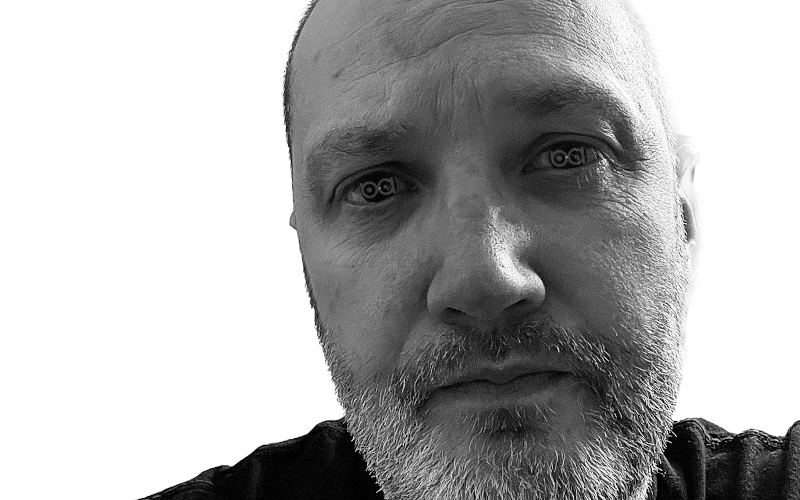
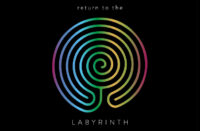


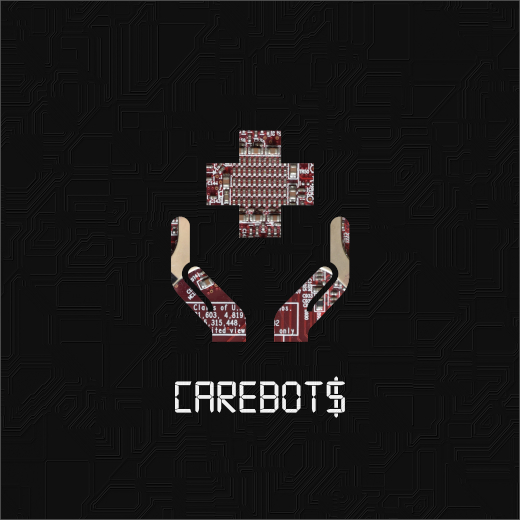

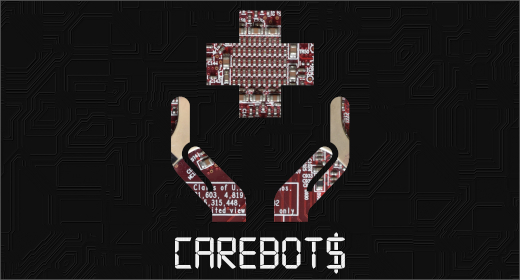
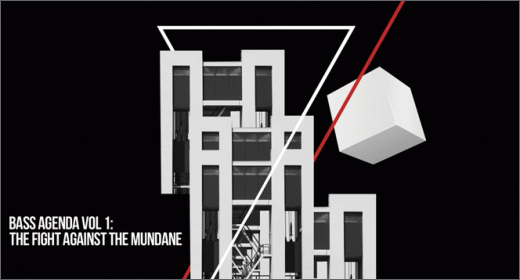
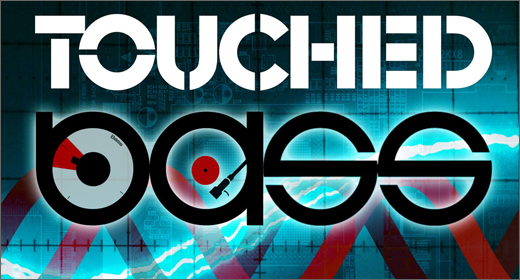
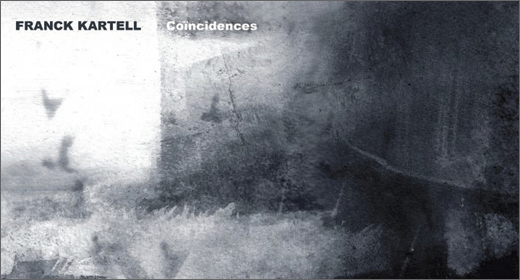
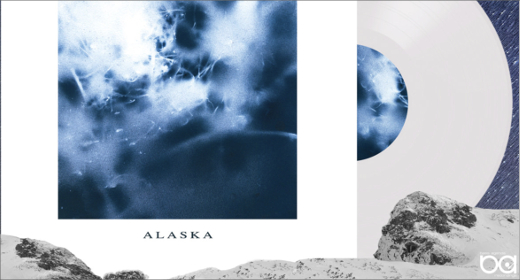



![Hasbeen :: Bunker Symphonies II (Clean Error) — [concise]](https://igloomag.com/wp/wp-content/uploads/2025/04/hasbeen-bunker-symphonies-ii_feat-75x75.jpg)
![Extrawelt :: AE-13 (Adepta Editions) — [concise]](https://igloomag.com/wp/wp-content/uploads/2025/04/extrawelt-ae-13_v_feat-75x75.jpg)
![Beyond the Black Hole :: Protonic Flux EP (Nebleena) — [concise]](https://igloomag.com/wp/wp-content/uploads/2025/04/beyond-the-black-hole-protonic-flux_feat-75x75.jpg)
![H. Ruine, Mikhail Kireev :: Imagined / Awakenings (Mestnost) — [concise]](https://igloomag.com/wp/wp-content/uploads/2025/04/h-ruine-mikhail-kireev-imagined-awakenings_feat2-75x75.jpg)


![Squaric :: 808 [Remixes] (Diffuse Reality) — [concise]](https://igloomag.com/wp/wp-content/uploads/2025/04/squaric-808-remixes_feat-75x75.jpg)
